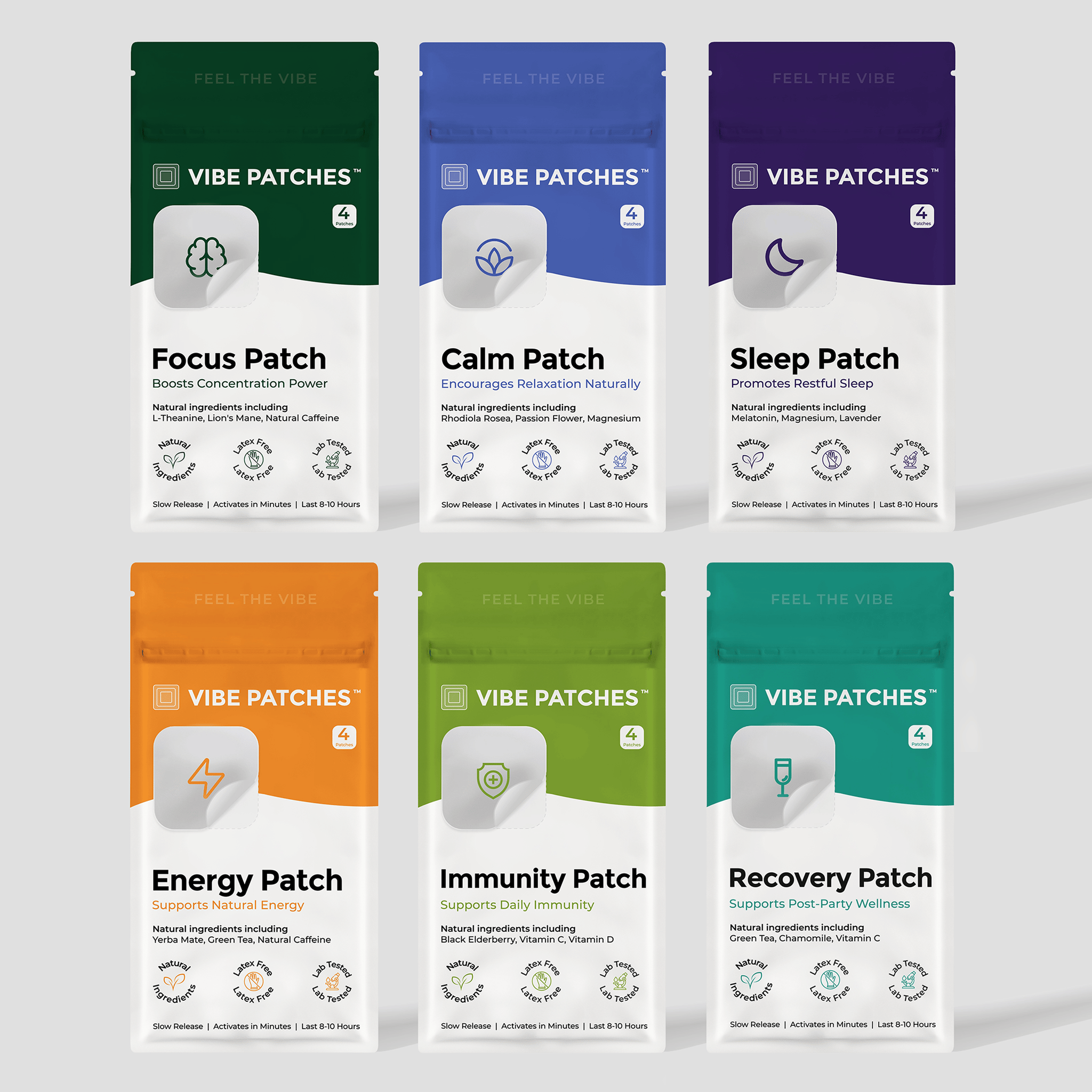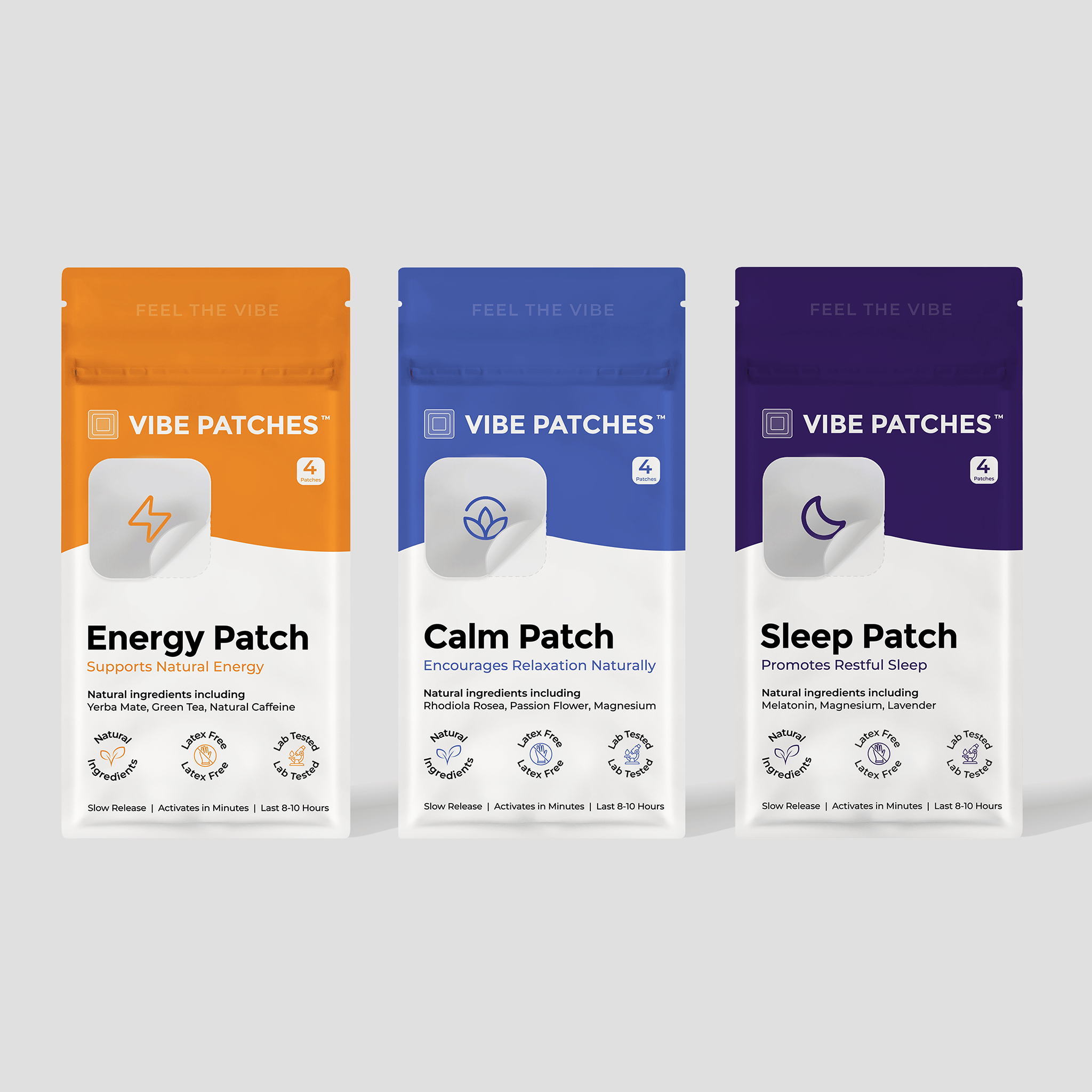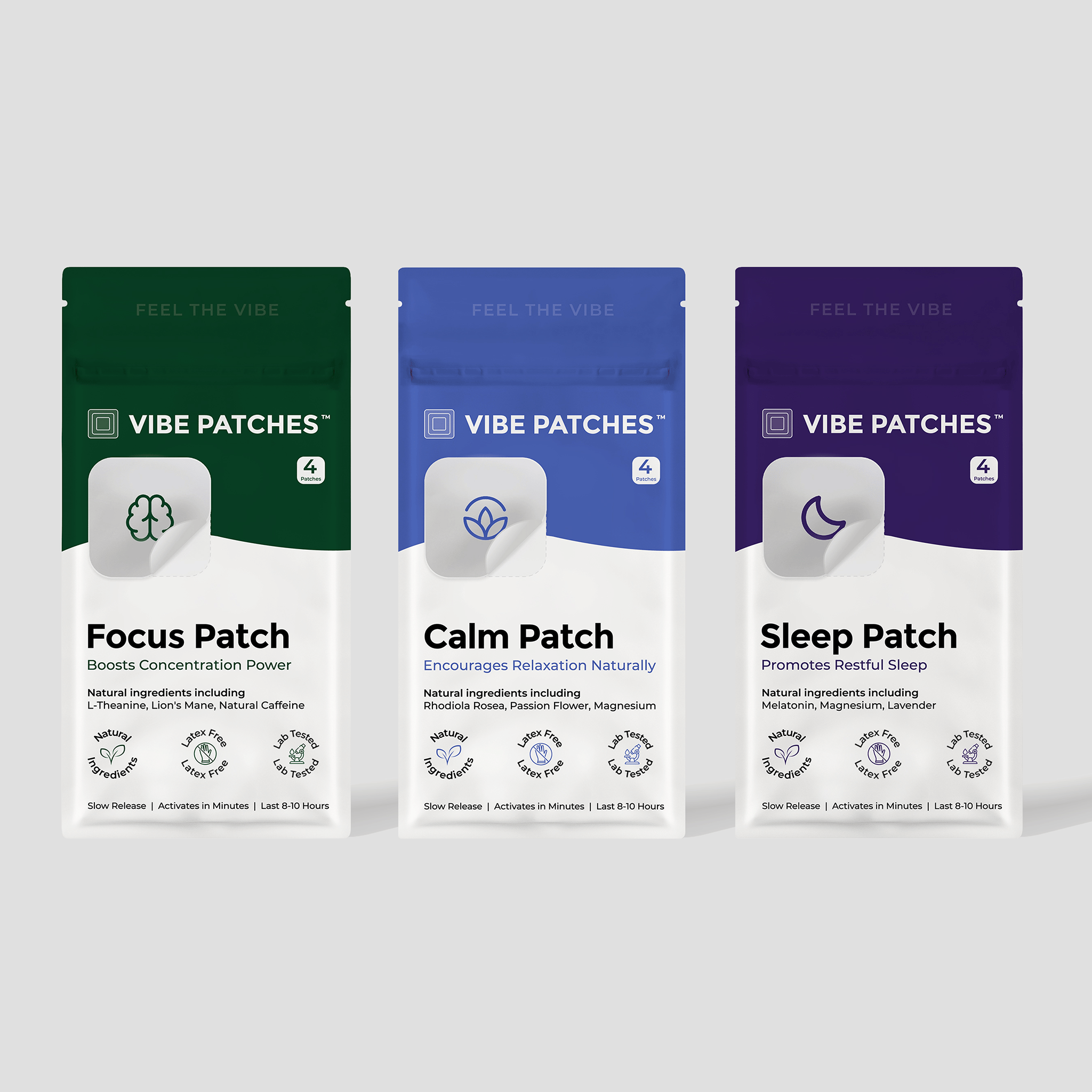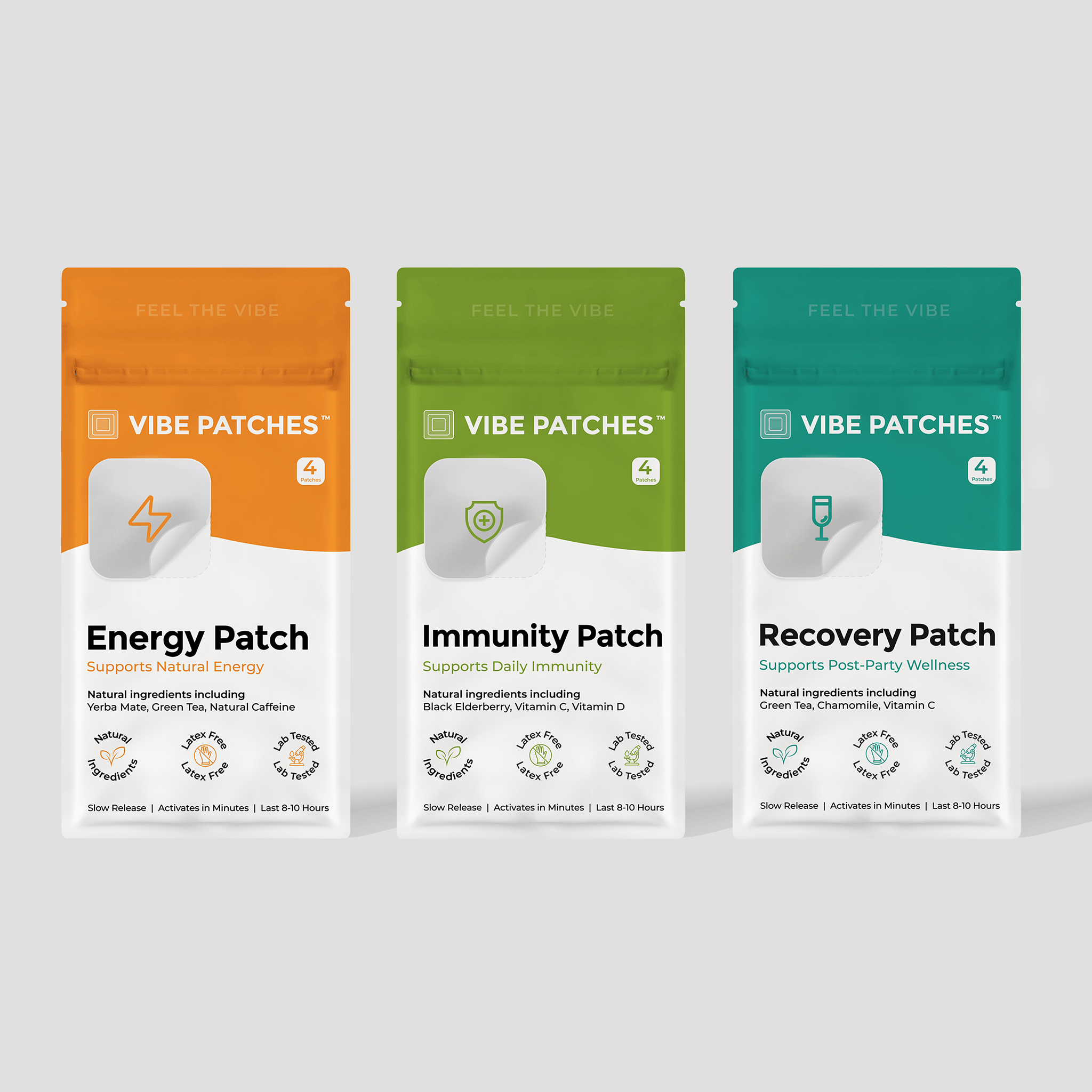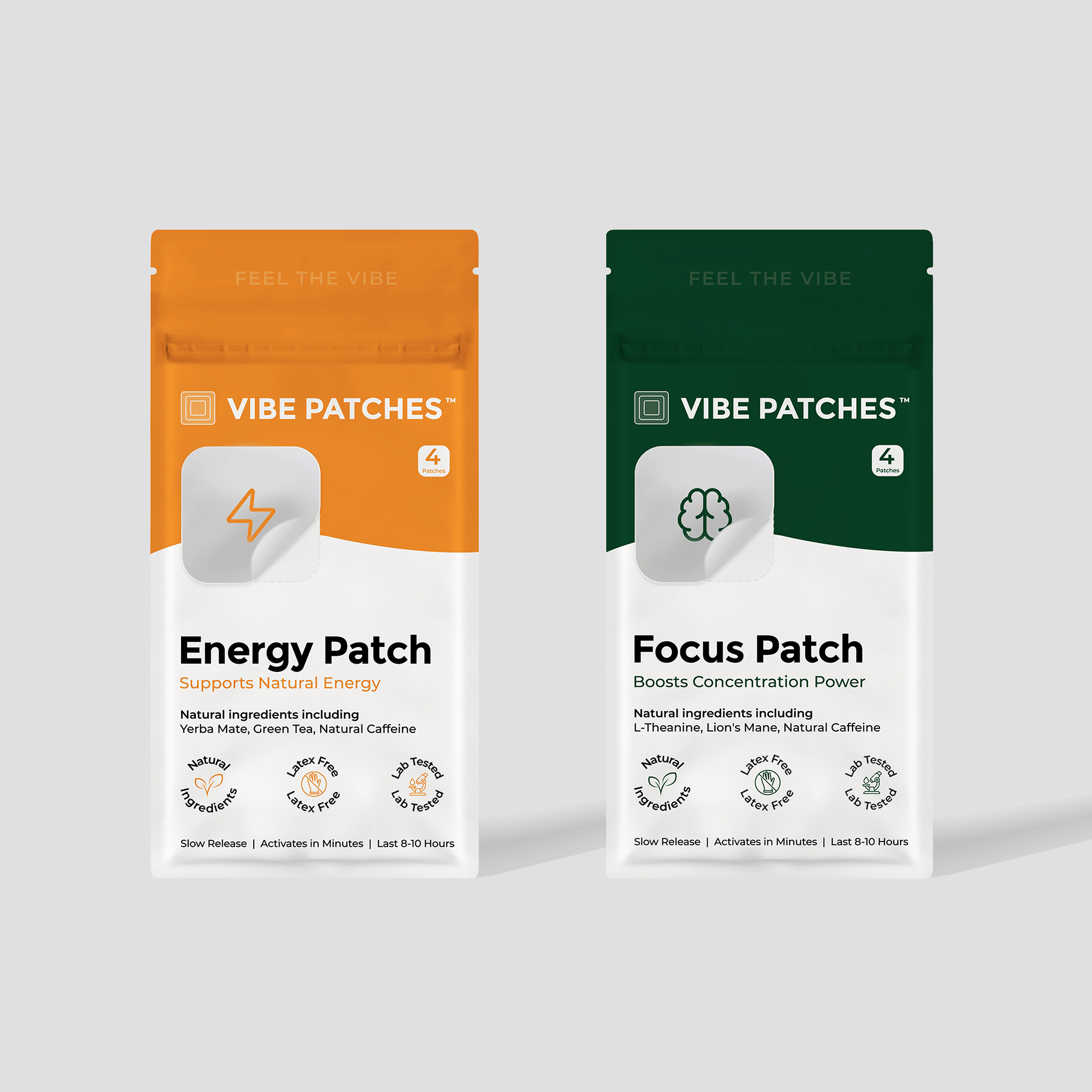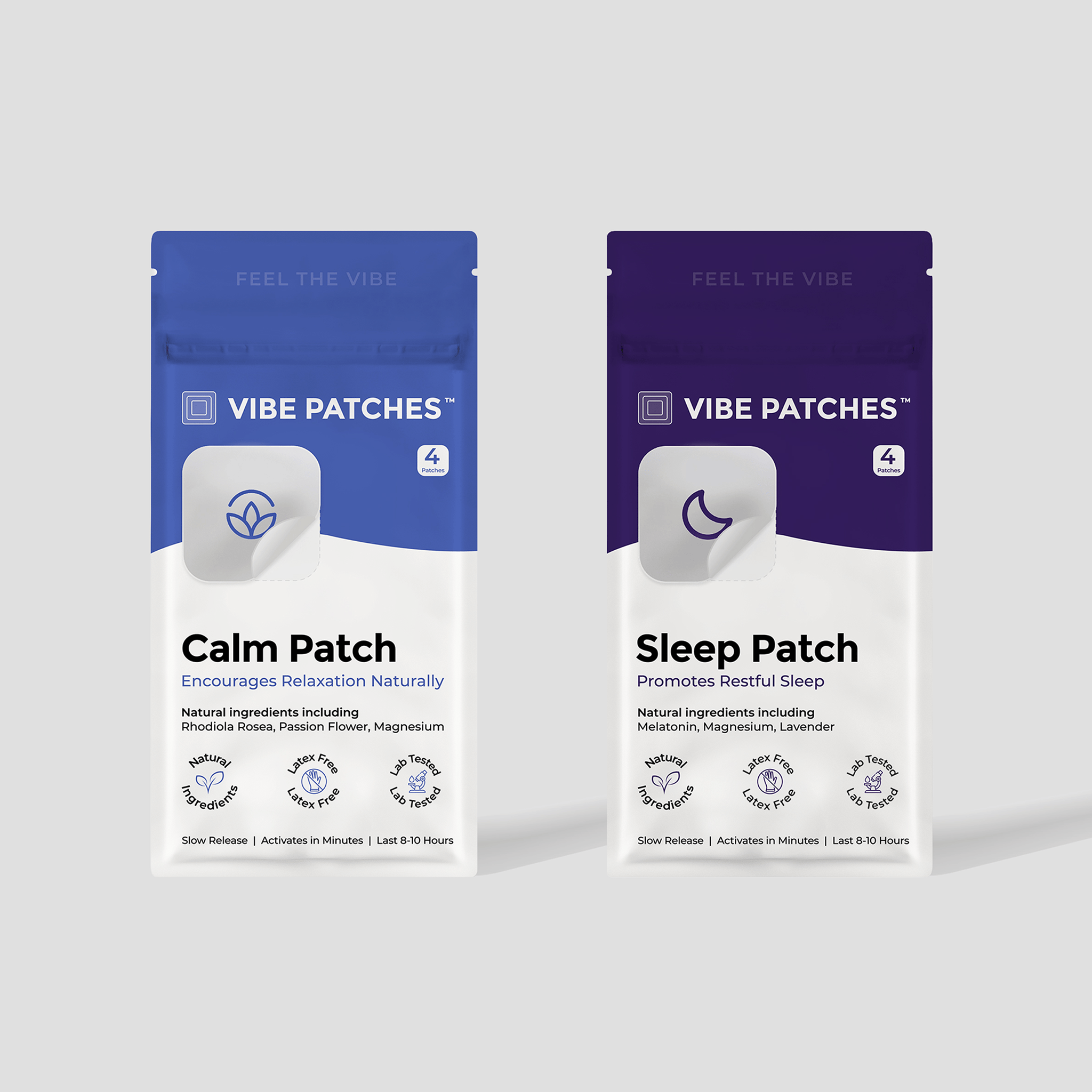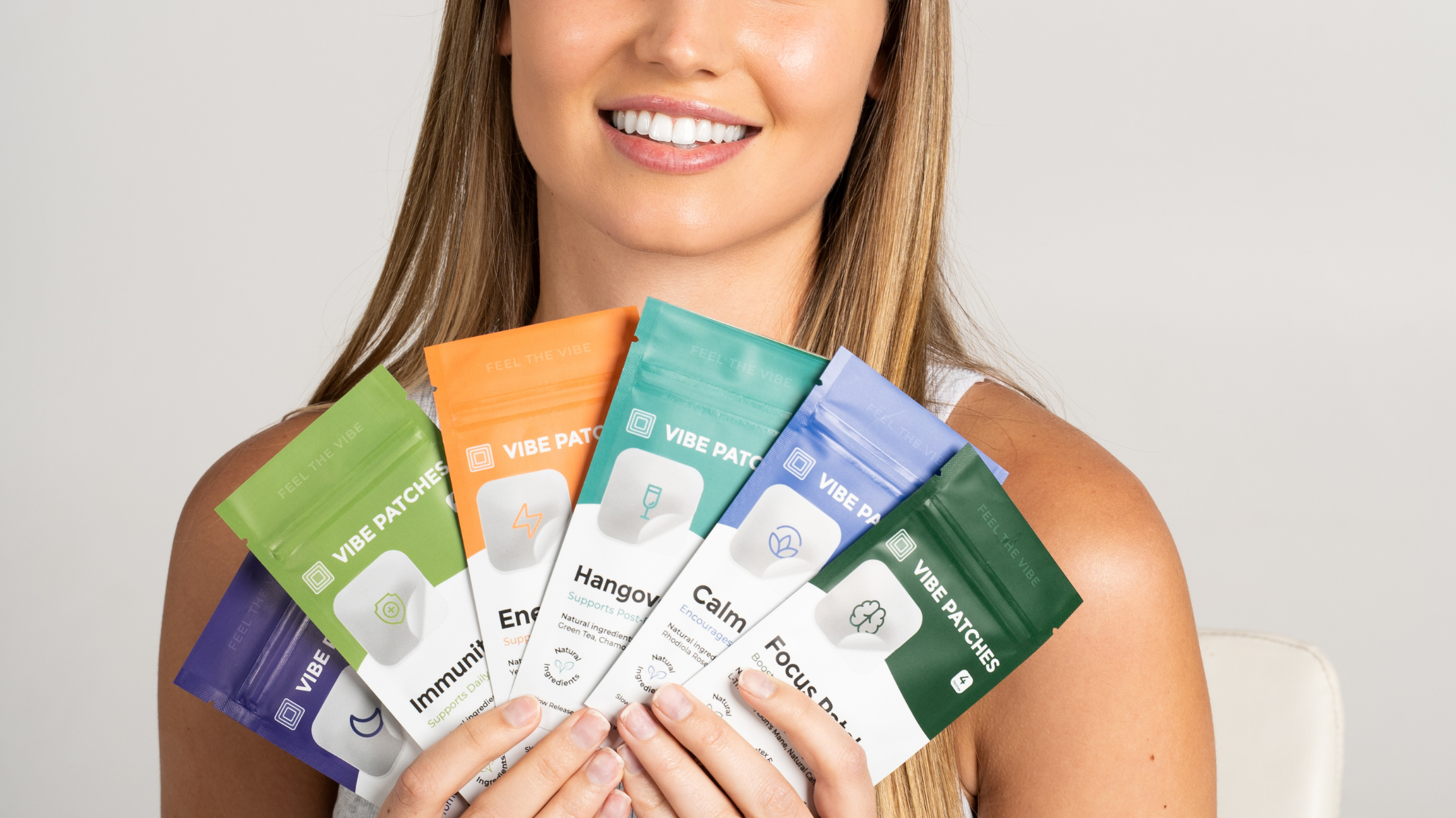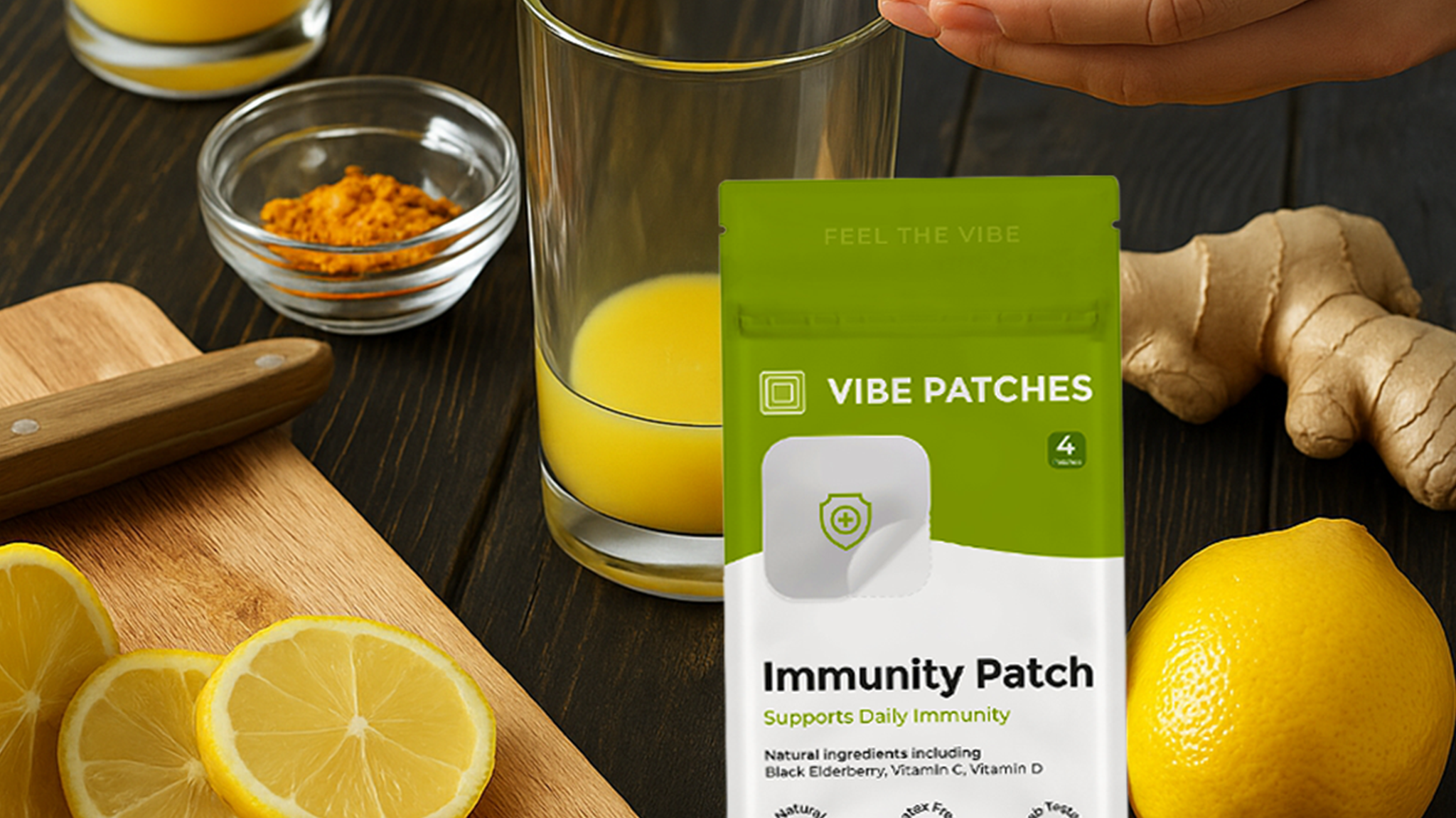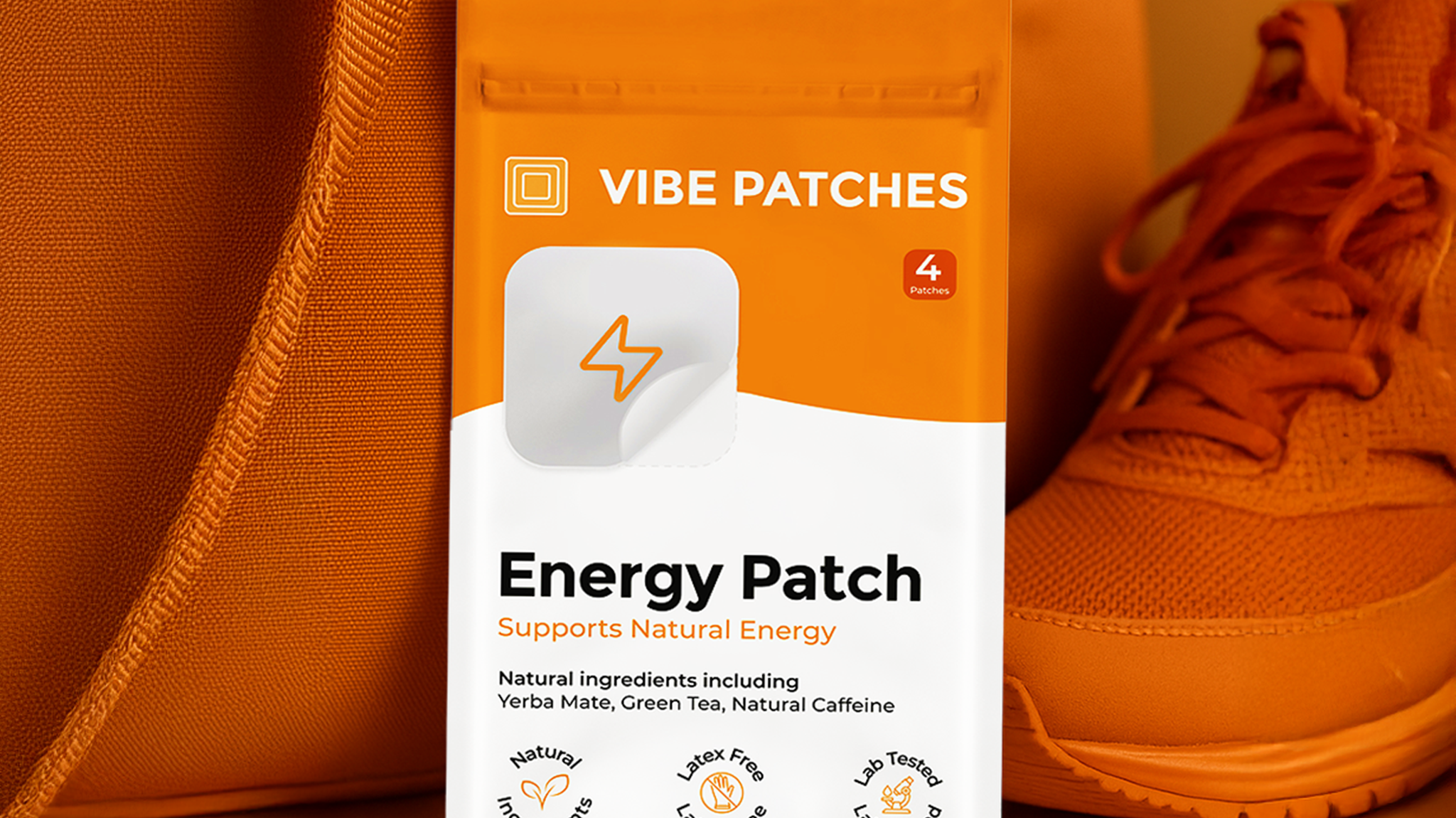After a night of drinking, it’s easy to dismiss nausea, headaches, or fatigue as the price of a good time—but sometimes, the signs point to a medical emergency rather than a simple hangover. Knowing the difference between alcohol poisoning and a hangover could save a life. In this article, we’ll clarify the warning signs, explain what sets these conditions apart, and offer practical advice for safe recovery and prevention.
What Is Alcohol Poisoning?
Alcohol poisoning is a serious and potentially life-threatening condition that occurs when someone consumes a dangerous amount of alcohol in a short period, overwhelming the body’s ability to process it. As alcohol levels rise in the bloodstream, critical functions like breathing, heart rate, and body temperature regulation can slow down or even stop. Symptoms may include confusion, vomiting, seizures, slow or irregular breathing, pale or bluish skin, and unconsciousness. Unlike a hangover, alcohol poisoning requires immediate medical attention—delaying treatment can result in permanent brain damage or death.
What Is a Hangover?
A hangover is the body’s reaction to drinking too much alcohol, typically setting in several hours after blood alcohol levels begin to drop. Common symptoms include headache, nausea, fatigue, sensitivity to light and sound, thirst, and general malaise. Unlike alcohol poisoning, a hangover is uncomfortable but not usually dangerous, and symptoms gradually improve with rest, hydration, and time. Hangovers occur as the body metabolizes alcohol, leading to dehydration, electrolyte imbalances, and inflammation, but they do not involve the life-threatening risks associated with alcohol poisoning.
Alcohol Poisoning vs Hangover: What’s The Difference?
Severity and Risk
-
Alcohol Poisoning: Life-threatening emergency that can cause coma, brain damage, or death if untreated.
-
Hangover: Unpleasant but generally not dangerous; symptoms resolve on their own with time and self-care.
Symptoms
-
Alcohol Poisoning:
-
Confusion or stupor
-
Vomiting repeatedly or uncontrollably
-
Seizures
-
Slow, irregular, or stopped breathing
-
Pale, clammy, or bluish skin
-
Unconsciousness and inability to wake up
-
Hangover:
-
Headache and muscle aches
-
Nausea or mild vomiting
-
Fatigue and weakness
-
Sensitivity to light and sound
-
Thirst and dry mouth
-
Mild dizziness
Onset and Duration
-
Alcohol Poisoning: Symptoms can appear rapidly, often while the person is still drinking or shortly after; requires immediate medical attention.
-
Hangover: Symptoms usually begin several hours after drinking stops, peaking as blood alcohol levels return to zero; typically resolve within 24 hours.
What to Do
-
Alcohol Poisoning: Call emergency services immediately—do not wait or try to “sleep it off.”
-
Hangover: Rest, hydrate, use gentle remedies and hangover patches; medical care is rarely needed unless symptoms are severe or unusual.
Key Takeaway
- Bottom line: Alcohol poisoning is a medical emergency, while a hangover is uncomfortable but temporary. Recognizing the difference can save lives.
Does All Alcohol Cause Hangovers?
Yes, all types of alcoholic beverages have the potential to cause hangovers if consumed in excess, though the severity can vary depending on the type of alcohol, the amount consumed, and individual factors like hydration and metabolism. Darker liquors such as whiskey, brandy, and red wine often contain higher levels of congeners—byproducts of fermentation—which can make hangovers worse compared to lighter options like vodka or gin. However, no alcohol is completely hangover-proof, and even small amounts can trigger symptoms in some people. Ultimately, the best way to avoid a hangover is to drink in moderation and stay mindful of your body’s limits.
What Is The Best Way To Combat a Potential Hangover?
The best way to combat a potential hangover is to take preventive steps before, during, and after drinking—such as staying hydrated, eating a balanced meal beforehand, and pacing your alcohol intake. In addition to these classic strategies, many people are turning to hangover patches like the Vibe Patches Hangover Patch, which are designed to deliver a blend of vitamins, antioxidants, and herbal extracts through your skin to support your body’s recovery process. Hangover patches offer a convenient option for those looking to supplement their hangover prevention routine. Ultimately, combining smart drinking habits with supportive products like hangover patches can help minimize the risk and severity of next-day symptoms.
How Do I Know If My Intoxication Level Is High Enough For Alcohol Poisoning?
It can be difficult to judge your own level of intoxication, but certain warning signs indicate that alcohol poisoning may be occurring and immediate medical attention is needed. If you or someone else is experiencing severe confusion, vomiting repeatedly, seizures, slow or irregular breathing, pale or bluish skin, or is unconscious and cannot be awakened, these are all red flags of alcohol poisoning rather than just being very drunk. Trust your instincts—if symptoms seem extreme or life-threatening, don’t wait or try to “sleep it off.” Call emergency services right away, as alcohol poisoning can quickly become fatal without prompt treatment.
Alcohol Poisoning vs Hangover Key Differences
|
Feature |
Alcohol Poisoning |
Hangover |
|
Severity |
Life-threatening emergency |
Uncomfortable but not usually dangerous |
|
Onset |
Rapid, can occur while still drinking |
Several hours after drinking stops |
|
Symptoms |
Confusion, vomiting, seizures, slow/irregular breathing, pale/blue skin, unconsciousness |
Headache, nausea, fatigue, thirst, sensitivity to light/sound |
|
Duration |
Until treated medically; can worsen quickly |
Usually resolves within 24 hours |
|
Treatment Needed |
Immediate medical attention—call 911 |
Rest, hydration, time, gentle remedies |
|
Risk of Death |
High if untreated |
Very low |
|
Can “Sleep It Off”? |
No—can be fatal |
Yes, with rest and fluids |
|
Cause |
Consuming a toxic amount of alcohol in a short time |
Drinking more than the body can comfortably process |
|
Who’s at Risk? |
Anyone who binge drinks or drinks heavily |
Anyone who drinks alcohol |
Tips For Preventing Alcohol Poisoning and Hangovers
- Pace Yourself: Sip drinks slowly and avoid binge drinking to give your body time to process alcohol safely, reducing the risk of both hangovers and alcohol poisoning.
- Stay Hydrated: Alternate alcoholic beverages with water throughout the night to help prevent dehydration, which is a major contributor to hangover symptoms.
- Eat Before and While Drinking: Consuming a balanced meal before drinking and snacking during the night can slow alcohol absorption and protect your stomach lining.
- Know Your Limits: Pay attention to how your body responds to alcohol and set a personal limit before you start drinking—never feel pressured to keep up with others.
- Consider Supportive Products: Using hangover prevention aids like the Vibe Patches Hangover Patch, which delivers vitamins and antioxidants through your skin, can be a convenient way to support your body’s recovery and minimize next-day discomfort.
Conclusion
Understanding the difference between alcohol poisoning and a hangover is essential for anyone who drinks, whether occasionally or socially. While hangovers are uncomfortable but generally harmless, alcohol poisoning is a true medical emergency that requires immediate attention. By recognizing the warning signs, practicing safe drinking habits, and considering supportive options like hangover patches, you can protect yourself and those around you from serious harm. Always listen to your body, know your limits, and don’t hesitate to seek help if you suspect alcohol poisoning—your awareness could save a life.
Final Thoughts
Ever wish your hangover recovery could be faster and more effective? Vibe Patches has you covered with a lineup of wellness patches designed for every part of your day. Whether you’re looking to bounce back after a night out with the Hangover Patch, find peace with the Calm Patch, boost your energy with the Energy Patch, or enjoy deep rest with the Sleep Patch, there’s a patch for every need. Check out the full Vibe Patches collection and see how simple it is to support your wellness routine with targeted, convenient solutions.
Sources


